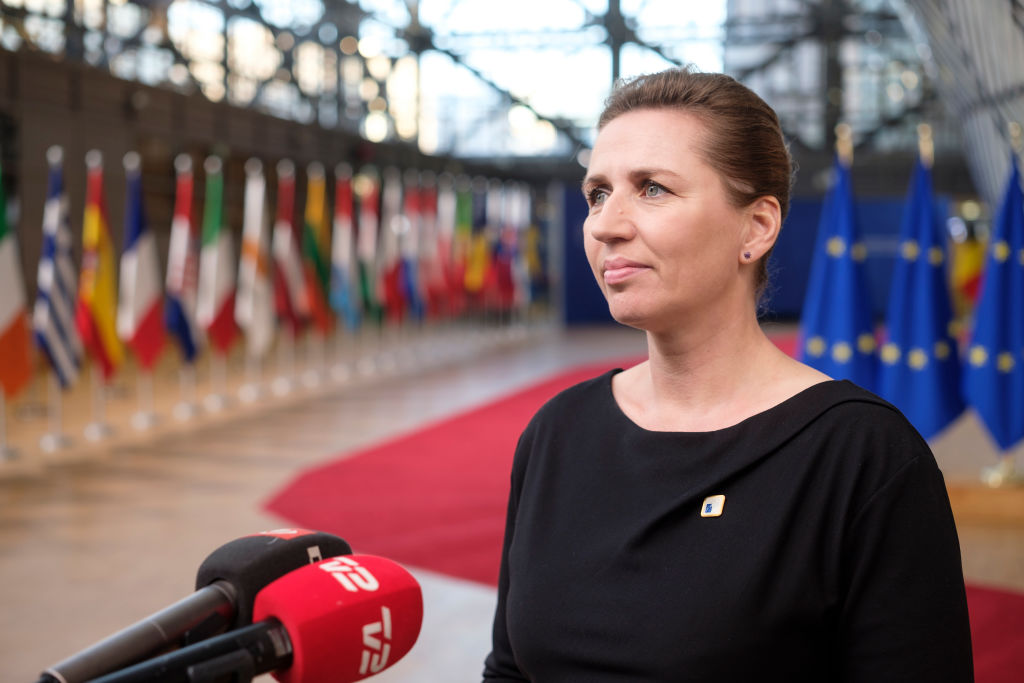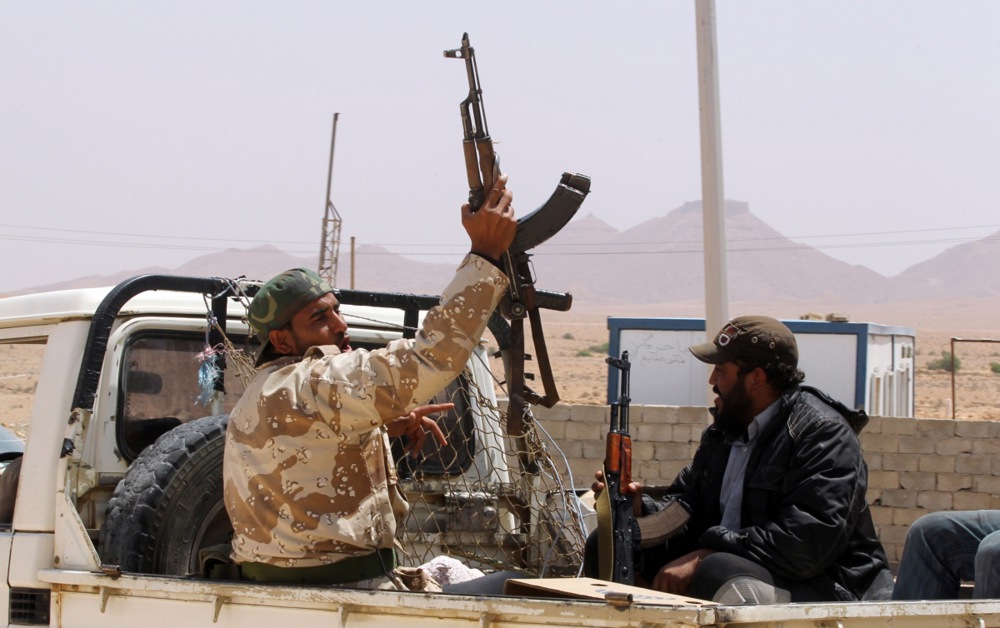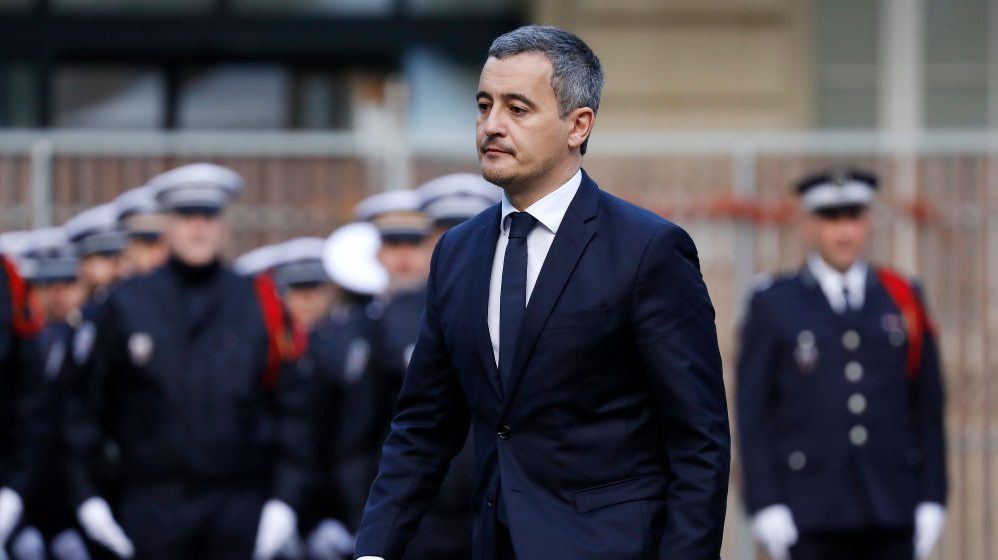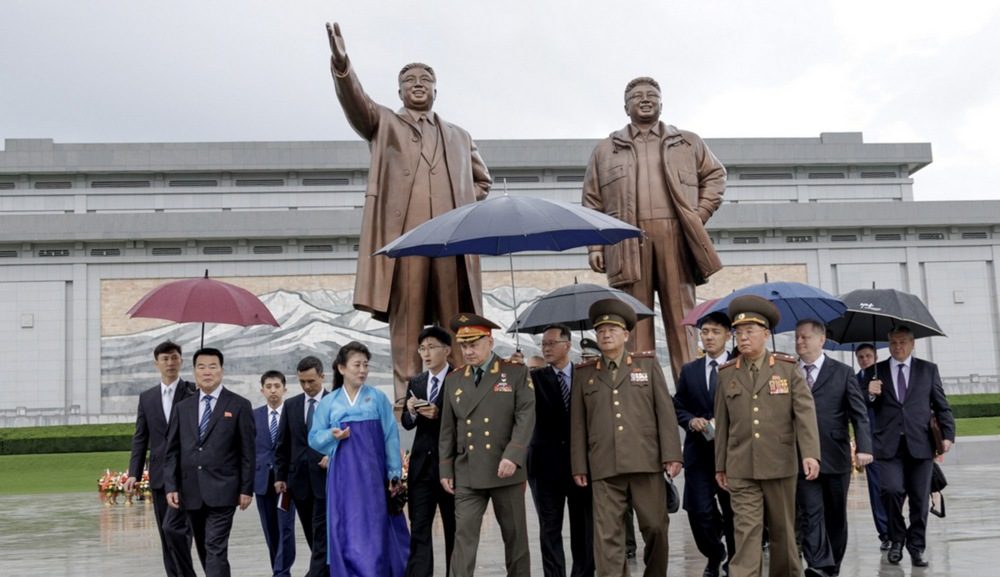The strong growth of summer vegetation is impairing Ukraine’s offensive against Russia, the UK’s Ministry of Defence (MOD) has claimed.
With Kyiv’s long-awaited counteroffensive so far failing to amount to any serious gains, many across the West have been wondering why the effort has failed to go as planned.
In a statement published on August 3, British intelligence officials publicly blamed environmental factors for the assault’s slow pace.
Latest Defence Intelligence update on the situation in Ukraine – 03 August 2023.
Find out more about Defence Intelligence's use of language: https://t.co/GXacjiLNLe
?? #StandWithUkraine ?? pic.twitter.com/2f6MCYI8Em
— Ministry of Defence ?? (@DefenceHQ) August 3, 2023
“Undergrowth regrowing across the battlefields of southern Ukraine is likely one factor contributing to the generally slow progress of combat in the area,” the MOD wrote in a daily briefing.
“The predominately arable land in the combat zone has now been left fallow for 18 months, with the return of weeds and shrubs accelerating under the warm, damp summer conditions,” it added.
The result is that Russia is having an easier time camouflaging defensive positions, it said, with Ukrainians also reportedly finding it harder to clear Russian mines.
“Although undergrowth can also provide cover for small, stealthy infantry assaults, the net effect has been to make it harder for either side to make advances,” the British officials concluded.
Apart from the worsening battlefield conditions for Ukrainian forces, analysts have also expressed concern regarding the performance of Kyiv’s troops.
A report in The New York Times has claimed that, despite Western training, troops have largely abandoned NATO-style tactics, falling back on a more Soviet-style view of conflict operations.
Although seemingly a method Ukraine’s forces are more comfortable with, such tactics are said to be far more ammunition-intensive than Western approaches to warfare.
US officials are now reportedly fearful that the country could end up burning through its supply of bullets and artillery rounds, which would ultimately play into the hands of Russian President Vladimir Putin.
Officials from both the West and Ukraine have insisted that the current assault could still result in a major breakthrough.
“We continue to see their counteroffensive move forward,” one spokesman for the Pentagon said.
“This will be a marathon and not a sprint.”





